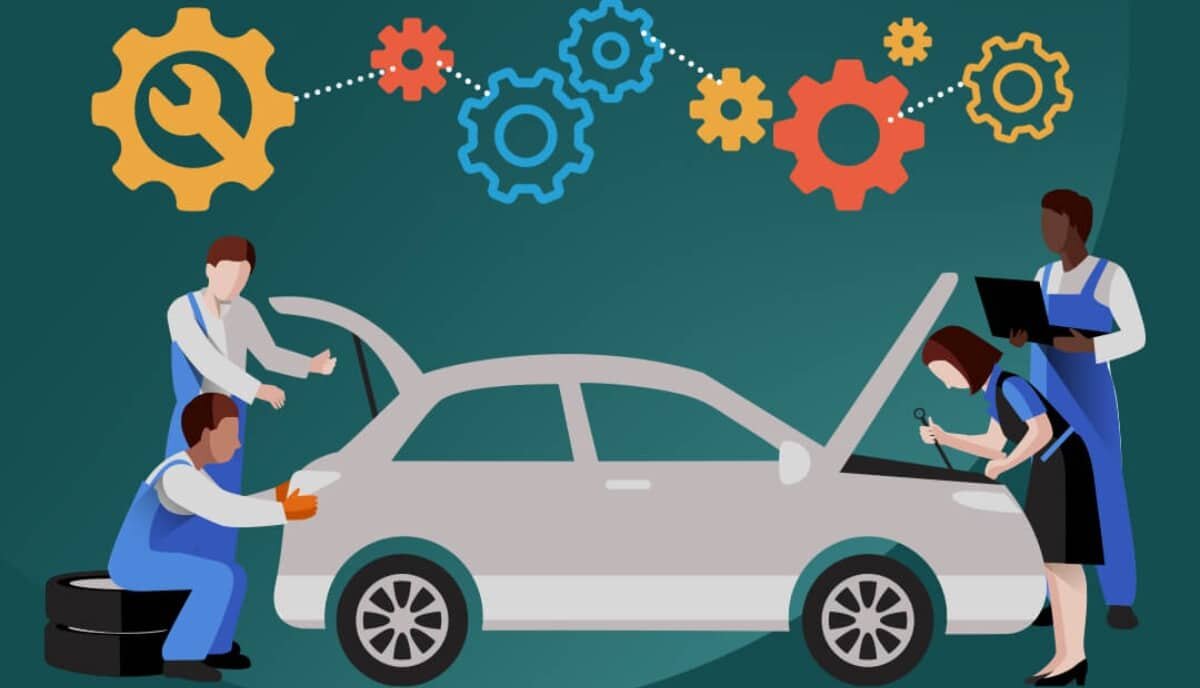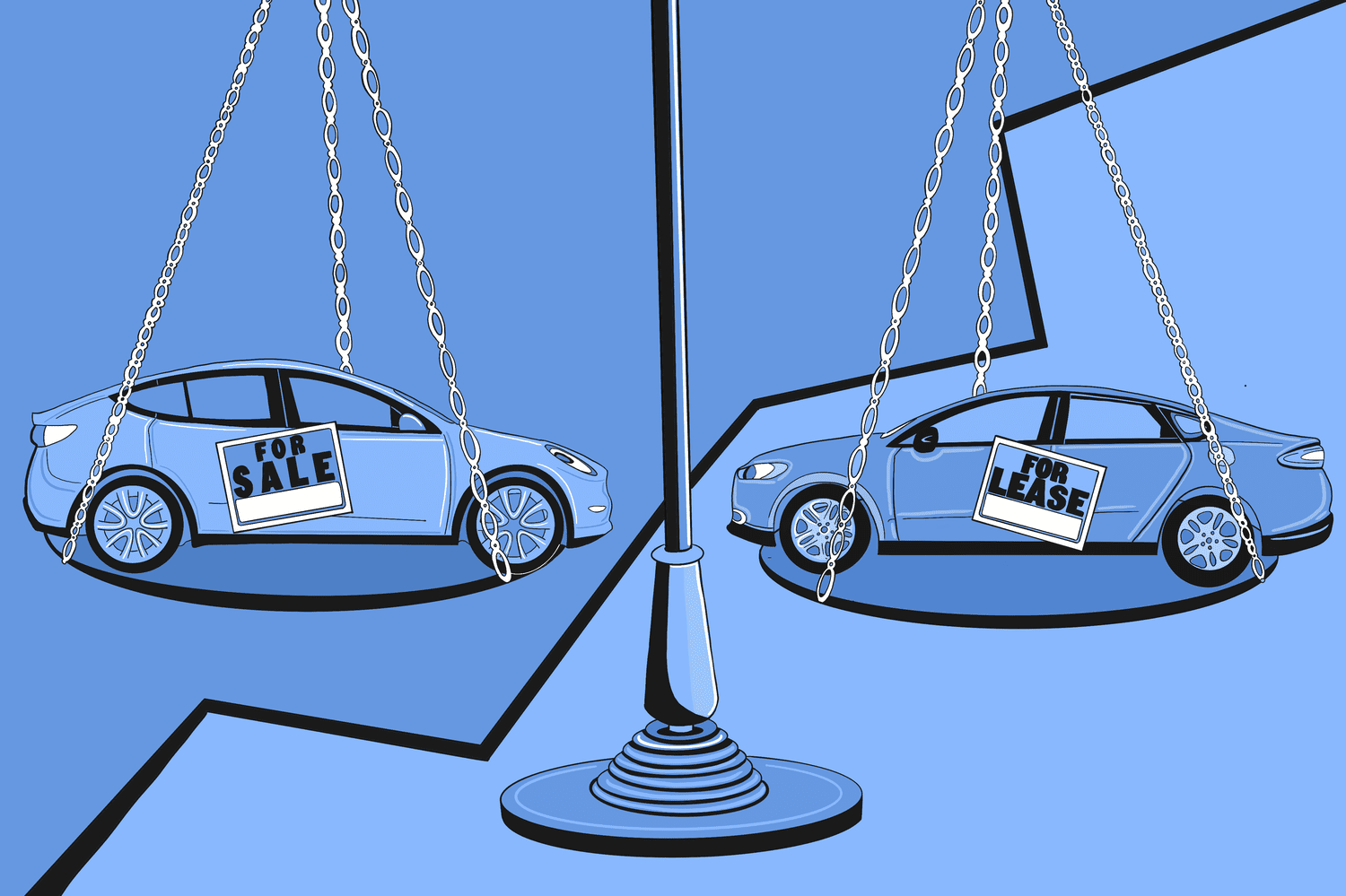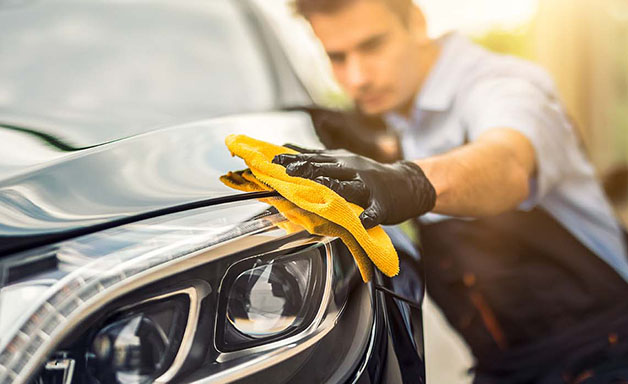Keeping your car in top shape isn’t just about avoiding breakdowns—it’s about maximizing performance, extending the life of your vehicle, and ensuring safety. Whether you’re a new driver or someone who’s been on the road for years, maintaining your car is essential to save money in the long run. In this guide, we’ll walk you through the top car maintenance tips to ensure your vehicle stays reliable and efficient.
Why Car Maintenance Matters
Car maintenance plays a vital role in how well your vehicle functions and how much you’ll spend on repairs. Neglecting even small maintenance tasks can lead to costly repairs down the road. Think of your car like a well-oiled machine—it needs regular attention to keep everything running smoothly. Whether it’s routine checks or major overhauls, staying on top of maintenance helps keep your car’s performance in check.
Regular Oil Changes: The Foundation of Car Health
Your car’s engine needs clean oil to function properly. Over time, oil breaks down, losing its effectiveness, and becomes contaminated with dirt and debris. This is why regular oil changes are critical.
Frequency of Oil Changes
Most manufacturers recommend changing your oil every 3,000 to 5,000 miles, but the exact interval depends on your car’s make and model. Some newer vehicles have longer intervals, even up to 10,000 miles or more, thanks to advanced synthetic oils. Keeping track of your mileage and following the manufacturer’s guidelines ensures you don’t miss this essential service.
Choosing the Right Type of Oil
Using the right type of oil can have a significant impact on engine performance. There are various types of motor oils—conventional, synthetic, and high-mileage oils—each designed to suit different driving conditions and car models. Synthetic oil tends to offer better protection and efficiency, especially if you drive frequently in extreme conditions like heat or cold.
Checking and Maintaining Tire Health
Tires are your car’s only contact with the road, so maintaining them properly is key to safety and fuel efficiency.
Importance of Proper Tire Pressure
Underinflated or overinflated tires wear out faster and can lead to reduced fuel efficiency. Regularly check your tire pressure at least once a month and before long trips. The recommended pressure is typically listed in your car’s owner’s manual or on a sticker inside the driver’s side door.
How to Rotate Tires and When to Do It
Rotating your tires helps promote even wear, extending their life. Most manufacturers recommend rotating your tires every 5,000 to 7,500 miles. Front tires usually wear differently from rear tires due to the way your car handles, so switching them around ensures even tread wear.
Understanding Tire Tread Depth and Wear
Tire tread depth directly impacts your car’s safety and traction. Use a simple tread gauge or the penny test to check if your tires need replacing. If you can see more than the top of Lincoln’s head in the tread, it’s time for new tires.
Brake System Maintenance
Your brakes are crucial for safety, so keeping them in top condition is non-negotiable.
Signs You Need Brake Service
Squeaking noises, a soft brake pedal, or a grinding sound when braking are signs you need brake service. Ignoring these could lead to more expensive repairs, like replacing rotors or brake pads.
How Often Should You Replace Brake Pads?
Brake pads typically last between 25,000 to 70,000 miles, depending on your driving habits and the type of vehicle you own. If you frequently drive in stop-and-go traffic or drive aggressively, you might need to replace them more often.
Battery Care and Replacement
Your car’s battery is like its lifeline. Without a healthy battery, your vehicle won’t start.
Signs of a Failing Car Battery
If you notice slow engine cranks, dim headlights, or a dashboard warning light, it might be time to check your battery. A battery that’s more than 3-5 years old is likely nearing the end of its life.
Tips for Extending Battery Life
To get the most out of your battery, keep terminals clean and free from corrosion. Ensure your battery is fully charged and avoid short trips, which put extra strain on the battery.
Cooling System Maintenance
The cooling system keeps your engine from overheating, so staying on top of it is essential.
Why Your Car’s Cooling System Matters
A malfunctioning cooling system can lead to engine overheating, which could cause severe damage. Signs of a failing system include a rising temperature gauge or coolant leaks.
Signs of Cooling System Issues
Overheating engines, sweet smells from the vents, and low coolant levels are indicators of potential problems. Regularly inspect your coolant levels and have your system flushed and refilled as needed.
Air Filter Replacement
Your air filter ensures clean air enters your engine, which affects fuel efficiency and performance.
Signs It’s Time to Replace Your Air Filter
If you notice reduced engine performance, a drop in fuel economy, or poor acceleration, it might be time for a new air filter. Replacing the air filter every 12,000 to 15,000 miles keeps your engine breathing properly.
Routine Fluid Checks and Replacements
Your car relies on various fluids, from engine oil to brake fluid, for optimal performance.
Essential Fluids and Their Functions
Make sure to check and replace key fluids like engine oil, brake fluid, transmission fluid, coolant, and power steering fluid. Each fluid serves a different purpose, ensuring smooth operation.
How Often to Check and Replace Fluids
Refer to your vehicle’s owner manual to know how often these fluids should be inspected or replaced. Ignoring them can cause major mechanical failures.
Regular Check-ups with a Professional Mechanic
Even if you’re confident with DIY maintenance, professional inspections are a must.
Importance of Professional Inspections
A skilled mechanic can spot potential issues that you might not notice. They’ll check things like the exhaust system, battery condition, and alignment to keep your car running smoothly.
When to Take Your Car to the Mechanic
Take your vehicle to a mechanic every 6-12 months or after hitting key mileage milestones, like 30,000, 60,000, and 100,000 miles.
Keeping Your Car’s Exterior and Interior Clean
Regular cleaning doesn’t just make your car look good—it also helps protect your vehicle’s longevity.
Why Cleanliness Matters for Vehicle Health
Dirt, grime, and road salt can damage your car’s exterior and interior. Regular washing and detailing preserve the car’s paint and protect components from rust.
Tips for Exterior and Interior Car Care
Wash your car regularly, apply wax to protect the paint, and keep the interior clean to prevent dirt from damaging upholstery and surfaces.
Suspension and Steering System Maintenance
These components are key to a smooth ride and precise handling.
Signs of Suspension Problems
Clunking noises, uneven tire wear, or difficulty handling rough terrain are signs of suspension system issues. Regular checks ensure these systems stay intact.
Maintaining Steering Components
Check steering fluid levels and ensure there’s no unusual play in the steering wheel to keep your driving smooth.
Keeping Track of Mileage for Scheduled Maintenance
Every car has a maintenance schedule based on mileage, so staying on top of it is key.
Why Following the Owner’s Manual is Key
The owner’s manual provides specific guidelines for regular maintenance, helping you keep track of essential tasks like oil changes, tire rotations, and brake inspections.
Keeping Your Vehicle’s Performance Optimal
Beyond maintenance, there are ways to boost your car’s performance and efficiency.
Fuel Efficiency Tips
Driving habits like avoiding rapid acceleration and maintaining a steady speed improve fuel efficiency.
Upgrading for Better Performance
Consider upgrading components like air filters, spark plugs, and tires for enhanced performance and reliability.
Conclusion
Maintaining your car isn’t just about avoiding breakdowns—it’s about extending its life and saving money on costly repairs. By staying on top of regular maintenance, you ensure your vehicle runs smoothly, performs efficiently, and keeps you safe on the road.
FAQs
- How often should I get my oil changed?
Regular oil changes are typically recommended every 3,000 to 5,000 miles or as specified by your car’s manufacturer. - What are the signs of a failing car battery?
Slow engine cranks, dim headlights, dashboard warning lights, or a battery older than 3-5 years indicate a failing battery. - Why is maintaining tire pressure important?
Proper tire pressure ensures even tire wear, improves fuel efficiency, and enhances safety by reducing the risk of blowouts. - How can I improve my car’s fuel efficiency?
Reduce aggressive driving, maintain steady speeds, keep your tires properly inflated, and follow regular maintenance schedules. - When should I take my car to a mechanic for routine maintenance?
Take your car to a mechanic every 6-12 months or when you reach key mileage milestones (e.g., 30,000, 60,000, 100,000 miles).




